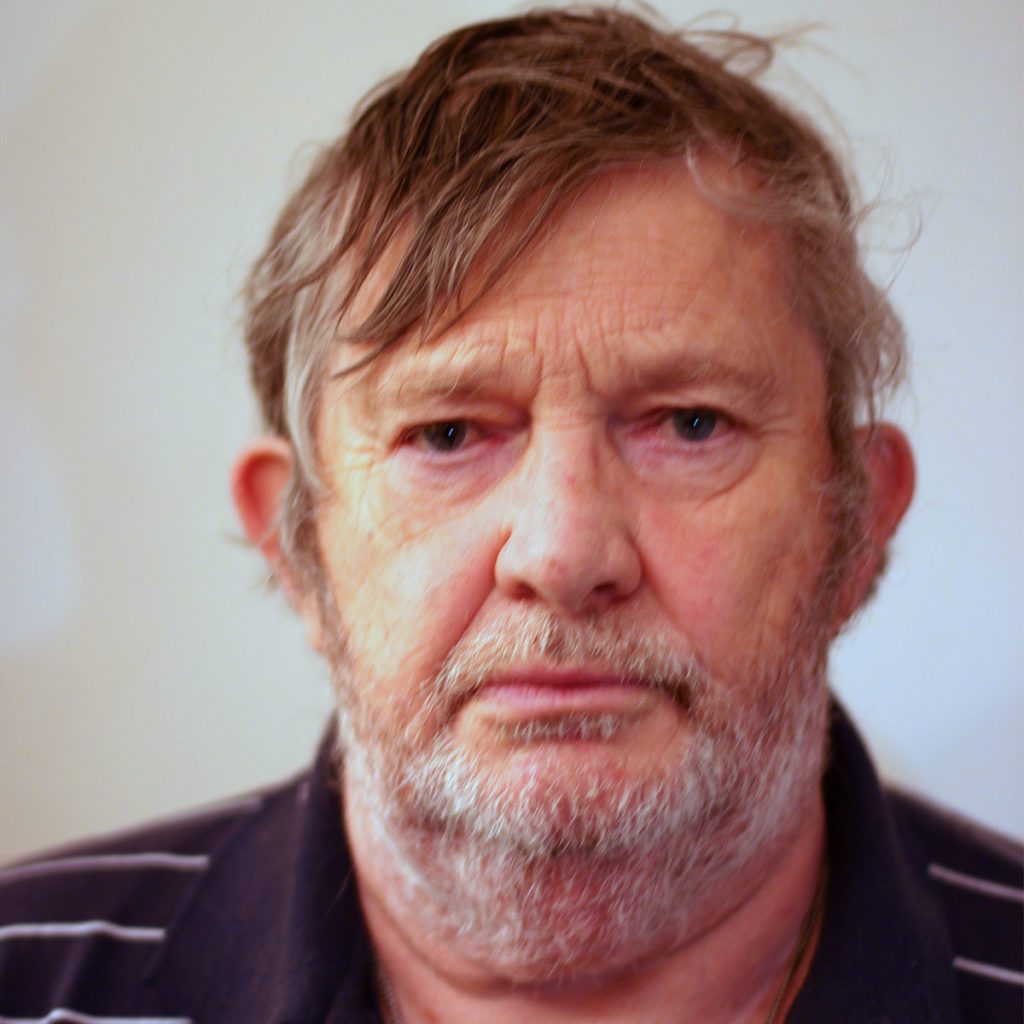I’m Laurie Powell, a volunteer in E Dorset. I’ll start by talking about my own recovery journey and then the interesting bits.
Everyone’s recovery is different, just as everyone’s problem is different. My own recovery journey is just one example; it’s typical in some respects but unusual in others. Ten years ago the specialist nurse at the GP surgery told me about EDP. I was happy to have 1:1s with my recovery worker, who supported and challenged me, but very reluctant to attend groups. He persuaded me to do that and found them to be the most powerful help in recovery. That was the typical bit. I soon became the world’s biggest advocate of recovery groups but my own recovery was going slowly because I simply didn’t want it enough UNTIL I had a grandson. That was a life changing moment and I am one of the very, very lucky ones because, from then, recovery was not just very easy but fun. I’ve had no urges and no lapses.
The key to recovery is simply wanting it enough. All we have to do as recovery workers and volunteers is help service users reach that point. EDP recovery workers and groups changed my life and it has been getting better every day for 7 years.
Why do I volunteer?
Almost everyone in recovery feels the need to help others. Some feel driven to do that. That’s how it was for me so I attended 3 groups a week to help my recovery and was learning all the time. I started to participate more actively as a peer supporter because I wanted to understand and I wanted, more than anything, to make a difference so I became a volunteer and I am making a difference. I have had and still have other volunteering roles. In my experience, EDP is by far the most serious, most organised and best at valuing, developing, involving and caring for volunteers. Today, it is no exaggeration to say that I live to volunteer and do as much as I can. As a volunteer, I can do as much or as little as I like, doing interesting and useful things with the minimum of boring bits (like online package-handling courses). I actually nag my supervisor to let me do more and, because of that, nobody in the service will hesitate to ask me whenever there is anything I can do to help. I do this because I want to make a difference but volunteering and making a difference is immensely rewarding and that’s very important to people in recovery. I, personally, want to realise my potential in the remaining quarter of my life by using my skills, knowledge and experience fully in a way I never did, never could, when I was drinking. Making a difference is, for me, a legal high!
What do I do as a volunteer, SMART Recovery facilitator and Recovery Coach?
Every week I run 2 recovery groups, facilitate 2 SMART meetings and Recovery Coach one or more clients. That’s currently all I can do on the frontline for clients, where I can make the most difference, but will soon be doing more with clients. I am now given and enjoy many other opportunities to do other things to help EDP. I attend monthly strategy meetings and dual diagnosis working group meetings. I have also attended a Trustees Board meeting, been on a director-level interview panel, am providing quite a bit of content for the new website and, of course, I’m here.
What value do volunteers add?
The first, obvious, thing is recent lived experience. Service users often feel very comfortable talking to volunteers as if they were fellow service users and may share more than they would with recovery workers, especially in groups. I write comprehensive contact reports to ensure that recovery workers can access, often important, new information gathered in these 90 minute recovery groups.
- Many volunteers have attended hundreds, even thousands, of groups so they have learned from thousands of clients and developed skills. Everyone’s problem is different and everyone’s recovery is different. This is invaluable knowledge and experience.
- EDP needs to know what service users think of the service, anything they don’t like and anything else they’d like EDP to be doing. Volunteers can gather this information (I do) but there isn’t currently a process to collate and summarise it for team leaders and heads of service.
- Volunteers, whom service users see as peers, can help encourage new service users to attend groups. This can be quite a difficult step, as I know from personal experience.
- Volunteers care and love to make a difference. Their enthusiasm is infectious and can be inspirational.
- Volunteers bring what every organisation needs; infectious enthusiasm, energy and commitment.
